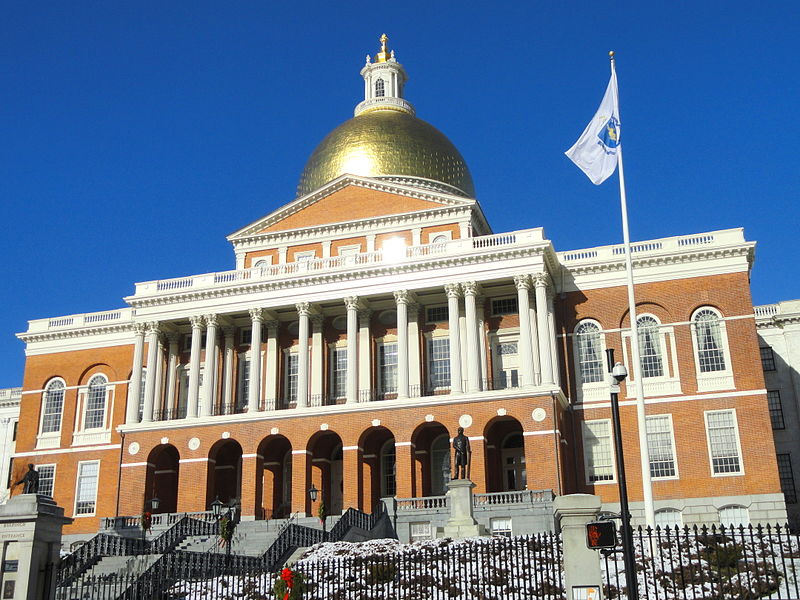With the highways and public transit options around Boston perpetually congested, a new study funded in part by the state details potential new ferry routes to connect downtown Boston with East Boston and the Seaport, Columbia Point and Squantum Point in Quincy.
Boston Harbor Now, formed in 2016 following the merger of the Boston Harbor Association and the Boston Harbor Island Alliance, said development along the waterfront in Boston and Quincy has and will continue to increase the demand for more and better transportation options. At the same time, improvements to docks at Columbia Point have made it possible to link institutions on that peninsula – like UMass Boston – to ferry service.
“Providing effective, reliable, affordable and accessible scheduled water transportation connections between Quincy, Columbia Point and downtown Boston contributes a range of social benefits. Passengers have direct benefits, including quality of life improvements from a new mobility option. There are also indirect benefits to the broader transportation system, the environment and economic development,” the group wrote in its business plan for the new ferry service. “The system will serve residents and workers, increase access to recreation and leisure destinations, and has the potential to provide resiliency and redundancy in case of an emergency.”
Boston Harbor Now’s plan is built around service that would connect Long Wharf North with Squantum Point/Marina Bay, with midday and weekend connections to Columbia Point at Fallon Pier, on the north side of the peninsula.
Using two leased vessels, service would run from 6:30 a.m. to 10 p.m. on weekdays, with ferries departing from each Quincy and Long Wharf every 40 minutes during peak commuting hours (6:30 a.m. to 9 a.m. and 3:30 p.m. to 6:30 p.m.) and every 60 minutes during off-peak hours. Ferries would depart every 60 minutes on weekends.
The group said it modeled its service assuming annual ridership levels ranging between 190,000 passengers for weekend service to 412,000 passengers for weekday service, and with fare options of both $6.50 and $10 per trip.
Boston Harbor Now said it looked at data from the MBTA’s current ferry services to help model its proposed service. The price of a standard one-way ticket for the MBTA’s Hingham/Hull to Long Wharf/Rowes Wharf service is $9.25 and in 2016 those ferries shuttled a combined 1,164,896 passengers, according to Boston Harbor Now. The group said its service, like others, would not turn a profit.
“Like many transit systems, the new Quincy and Columbia Point service is projected to have an operating shortfall,” the group wrote. “Whether it is operated by the public sector, the private sector, or as a public-private partnership, an operating subsidy would be needed to sustain the service at any of the price points studied based on the projected ridership.”
The plan does not detail who would operate the service or how it would be implemented.




 |
| 


